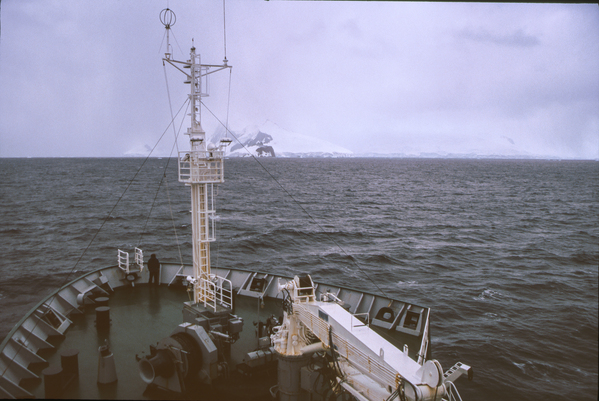
Introduction
The Drake Passage, located between the southern tip of South America and Antarctica, is a body of water renowned for its rough seas and vital role in global shipping routes. Its importance extends beyond navigation; it is a crucial area for marine biodiversity. Recent events in this region have drawn attention, highlighting both its natural challenges and environmental significance.
Current Events Surrounding Drake Passage
In late October 2023, the maritime industry faced renewed challenges in the Drake Passage due to unusually severe weather conditions. Reports indicated waves reaching heights of over 10 meters, complicating shipping schedules and impacting wildlife migration patterns. Experts from the Antarctic Research Centre have noted that such weather events could be related to climate change, sparking conversations about the need for improved navigation and safety protocols for vessels traversing these treacherous waters.
Additionally, a recent study published in the Journal of Marine Research highlighted the ecological significance of the Drake Passage. The research outlined how the nutrient upwelling in these waters supports various marine species, including krill, which are essential to the Antarctic food web. The fluctuations in water temperature and currents, influenced by global climate patterns, pose potential risks not only to marine life but also to industries reliant on these waters.
Environmental and Economic Implications
The interplay between economic activity and environmental preservation in the Drake Passage is becoming increasingly critical. Tourism, particularly adventurous cruises to Antarctica, continues to rise, but with it, the necessity for sustainable practices within the region becomes paramount. Environmental advocates are urging stricter regulations on the number of vessels permitted in the area to minimize disturbances to wildlife and reduce the risk of accidents.
Conclusion
As maritime navigation through the Drake Passage remains essential for global trade and Antarctic research, ongoing discussions about safety, sustainability, and climate impact are crucial. The waters of the Drake Passage serve as a reminder of nature’s power and the delicate balance between human activity and environmental stewardship. Future forecasts suggest that as climate conditions evolve, we may see more extreme weather phenomena impacting not just shipping routes but the ecological health of this vital marine corridor, necessitating further research and proactive measures.



